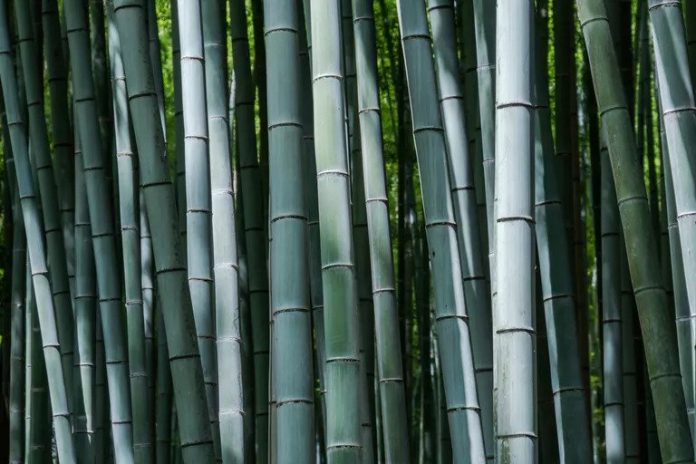The short answer is no.
Bamboo fabric is made from fibers that have been harvested from bamboo plants. The resulting fabric is usually soft, cozy, and absorbent, and can be used to make shirts, bedsheets, socks, towels, and reusable diapers. Because bamboo is such a fast-growing crop, it is generally considered to be sustainable and eco-friendly.
However, large-scale bamboo cultivation practices are associated with a host of environmental issues, and the process used to transform bamboo fibers into fabric is chemically-intensive. These issues raise questions about the material’s true eco-friendliness.
How Is Bamboo Fabric Made?
It starts with bamboo plants, which are typically grown in China, Taiwan, Japan, and other parts of Asia. Bamboo is a type of grass that grows rapidly – as much as 3 feet per day, to a total height of 75-100 ft. There are about 1,400 species of bamboo, but the most common subspecies used for fabric is Moso bamboo (Phyllostachus edulis).
Mechanically-Processed Bamboo Fabric
The bamboo is harvested by cutting, and then it is processed either mechanically or chemically to turn into fiber. Mechanically-processed bamboo is known as bamboo linen (or bast fiber) and it is made using the same process as flax and hemp linen. However, because it has an uncomfortably rough texture and is labor-intensive (and thus expensive) to produce, it comprises only a minuscule portion of the bamboo fabric market. Read more…



